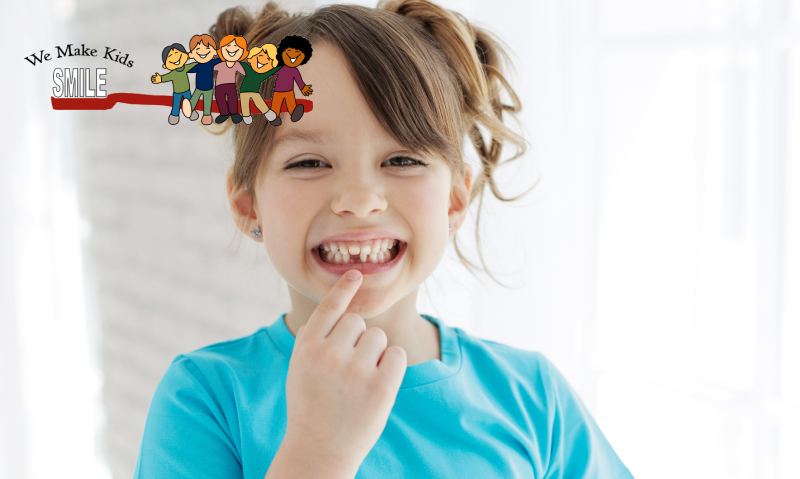Losing baby teeth is a natural part of your child’s development, but that doesn’t mean that every baby tooth loss is natural. A range of issues can lead your child to lose a baby tooth early. Premature baby tooth loss is a serious dental issue that requires intervention to prevent problems down the road.
You can expect your child to start losing baby teeth around the age of six. In general, they’ll lose the front teeth first and progress to the back teeth, losing their baby molars around age 12. However, certain issues can lead to premature baby tooth loss.
What Might Cause Your Child to Lose Baby Teeth Prematurely
The most common cause is physical dental trauma. Children are both active and accident-prone. Many children can suffer from falls from playground equipment, collisions during sports, or more serious accidents. This can cause physical damage to the teeth that could require an emergency visit to a dentist in Prince Frederick, MD.
In some cases, a child’s tooth can be knocked out completely. If this happens, you should get to the dentist as quickly as possible, keeping the tooth or tooth fragments in a glass of milk or a wet paper towel. In many cases, teeth can be reinserted, but this isn’t always possible.
A tooth can also become chipped or cracked. The seriousness of these situations varies widely. There could be no action required at all, or perhaps the need for simple dental bonding. But the damage could end up being severe enough to warrant extraction in order to avoid infection.
Your child could also experience serious tooth decay, gum disease, or other conditions that cause tooth loss. Tooth decay can often be treated with simple fillings or a root canal. However, sometimes extractions are necessary.
Potential Complications of Premature Baby Tooth Loss
It’s common for parents to assume that premature baby tooth loss isn’t a big deal. They might think it doesn’t matter because the child was going to lose that tooth soon enough anyway. However, this line of thinking is incorrect.
When a child loses a tooth naturally, the adult tooth replacing it is close to eruption and ready to take its place. This means there won’t be a persistent gap for very long, and development can continue naturally.
However, if your child loses a tooth years ahead of the time when they would have lost it naturally, then the teeth around it have those years to shift out of position. Just like in adults with missing permanent teeth, a missing baby tooth can lead to misaligned teeth that require orthodontic treatment.
Premature loss of a tooth also affects the adult teeth as they come in. When the remaining baby teeth shift, they can get in the way of emerging teeth, causing some of the same issues seen when the wisdom teeth emerge without enough room.
Your child could end up with crowded teeth and other long-term oral health issues. In one of the worst-case scenarios, the wrong adult tooth can emerge into an open space. This can lead to very severe misalignment that requires intervention beyond typical options like braces.
Early Orthodontic Intervention
You can prevent these issues from affecting your child by seeking out early orthodontic intervention. There are several treatment options that can ensure that prematurely missing baby teeth won’t cause long-term issues, potentially avoiding the need for braces in adolescence.
Space maintainers are among the most common types of early orthodontic interventions. There are several different types, and each fulfills the same basic objective. They hold open the gap in between the other teeth, preventing them from shifting into that space.
Space Maintainers
Most types of space maintainers attach to a tooth adjacent to the gap and feature a metal loop that takes up the footprint of the missing tooth. There are other types that involve crowning the adjacent tooth.
Most space maintainers are permanent, meaning they stay in the mouth and are removed by the dentist only at the appropriate time. While removable space maintainers are available, they can’t always provide the same results that permanent space maintainers can.
While your child has a space maintainer, they’ll have to pay special attention to oral hygiene. Your dentist will fill you in on how to care for it properly and teach you the necessary changes to brushing and flossing routines.
Children’s Dentistry in Waldorf, MD
If you want to set up your child with the best possible foundation for lifelong oral health, it’s important to start early. The team at We Make Kids Smile can provide the dental treatments and prevention you need to do just that. Contact our office today to schedule an appointment with an experienced children’s dentist in Waldorf, MD.
